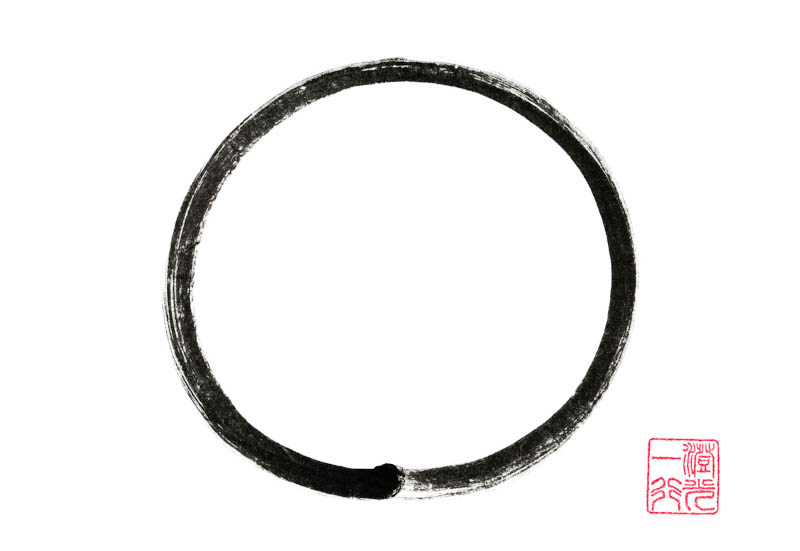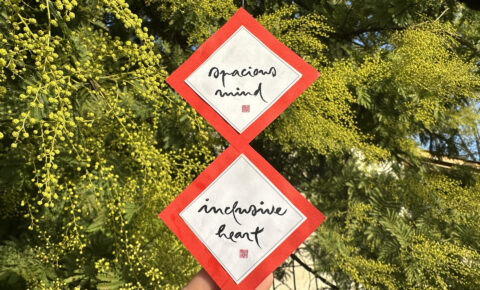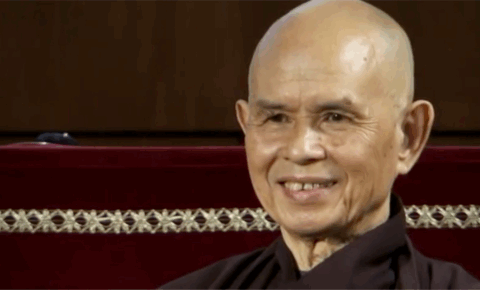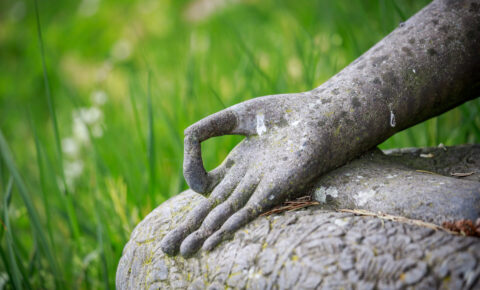Thich Nhat Hanh teaches that with mindfulness anger, sadness and regrets can all be doorways to peace and beauty, not only for ourselves, but for the people around us, the people of our past and also for those who will come after us.

On Anger
“When you see things clearly, anger cannot take hold of you”
When anger arises, there is often the wish to punish another. Sometimes we are so angry, forgiveness does not seem enough. Thich Nhat Hanh talks about the usefulness of anger, when we understand and know how to manage our anger, it becomes a doorway to peace and forgiveness.
Anger is in fact something that arises from inside and not from the outside. Anger is like ‘mud’ and instead of smearing it everywhere, we can learn how to handle it. When we can see the unhappiness of the other person, anger changes into compassion and we will even try to help the other person.
In the second question, Thich Nhat Hanh teaches that dealing with anger is like preparing for a storm, before anger arises, we have 2 or 3 seconds to practice coming back to ourselves and breathe mindfully. When we can do that we are no longer afraid of our anger, and we do not become a victim of our own anger. Wrong perceptions bring about anger and fear, and when we see clearly, compassion arises and the anger is transformed. At the end, our teacher addresses terrorism as a kind of wrong perception.
Sadness in our hearts
“Understanding and compassion are like….. the sunshine that can melt the snow…..and help dry the tears.”
Sometimes we can feel a heaviness in our hearts or a suffering that we do not understand. This can be a suffering we have received from our ancestors and society. With love and compassion, we can transform these feelings when they come up. We need to continue to do this each time they reappear and one day these feelings can disappear completely.
Healing Regrets
“As human beings, we all make mistakes.”
We can heal mistakes of the past, while living in the present moment. When we recognize a wound or a suffering we have caused another, with our determination not to repeat the same mistakes, this enables our wound to heal. Thay gives an example of how we can practice forgiveness even if the person we have hurt has already passed away. When we are able to neutralize our negative actions of the past our path changes into something beautiful.










Share Your Reflections